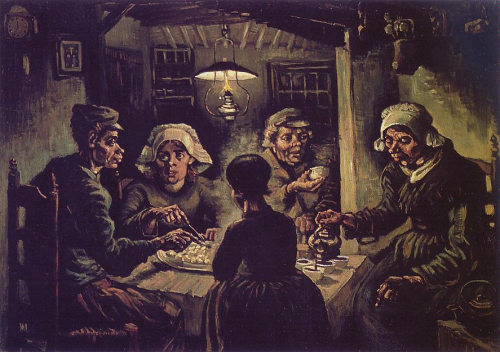When I was doing the whole Sick Desperation In Your Laugh thing, I’d hoped to include Beau Travail, Claire Denis’ adaptation of Herman Melville’s Billy Budd. Though I’d never seen the film before, I’d heard wonderful things. Problem was, Beau Travail isn’t exactly one of the most readily available films out there, so I didn’t get a chance to watch it until it Turner Movie Classics aired it earlier this week.
Toward the end of my first viewing, I was thinking that even though I admired Beau Travail, I probably wouldn’t’ve included it in Sick Desperation In Your Laugh anyway. While I thought the film was quite good, pretty dark, and even hypnotic at times, overall it was rather humorless, and not terribly subversive– and therefore it would’ve been somewhat out of sync with the vibe I was looking for in my exploration of the cinema of 1999.
And then, after it looks like Sgt. Galoup (Denis Lavant) might commit suicide as a result of his court martial, effectively ending the film on a tragic note, the film ends instead with this magical scene, so out-of-nowhere baffling and so reach-to-the-heavens joyous and so completely-and-utterly 1999 that it literally made me stand and applaud:



